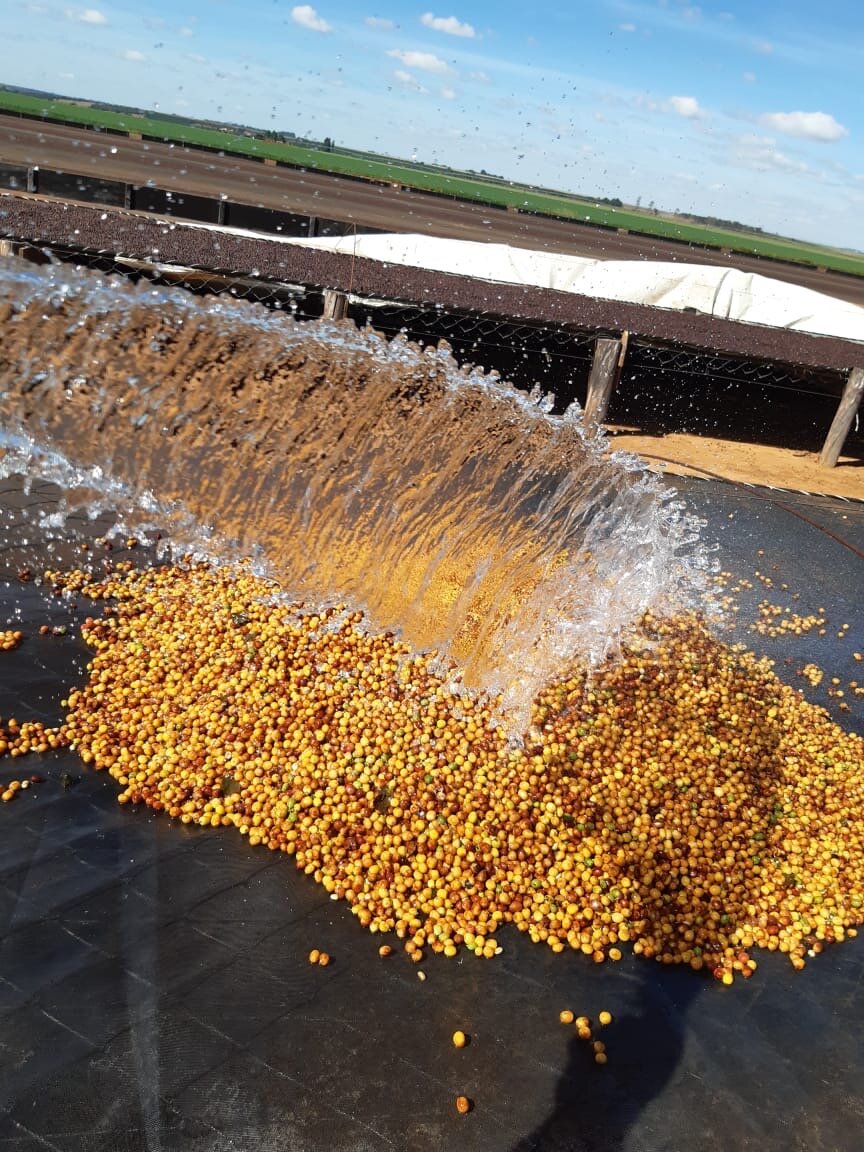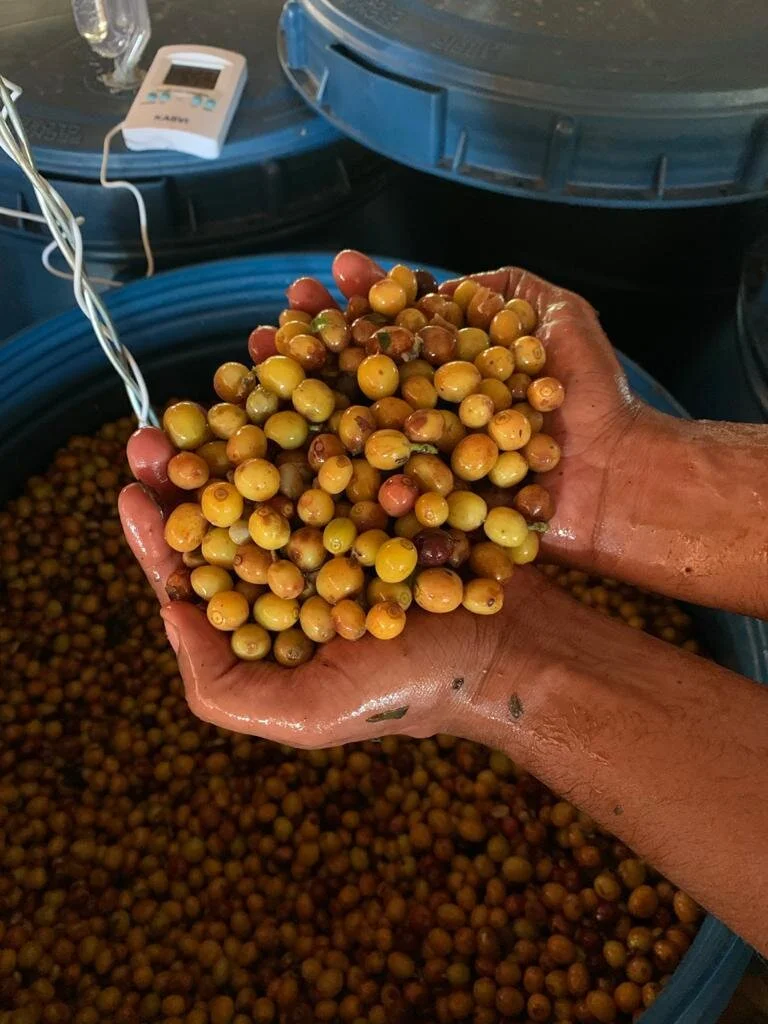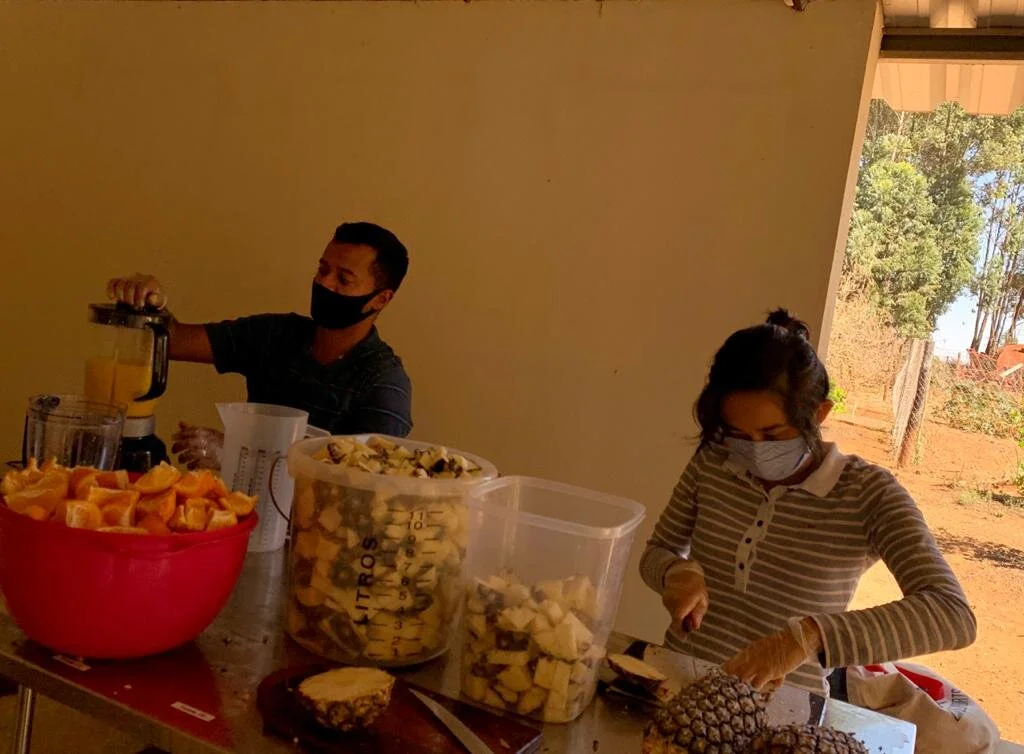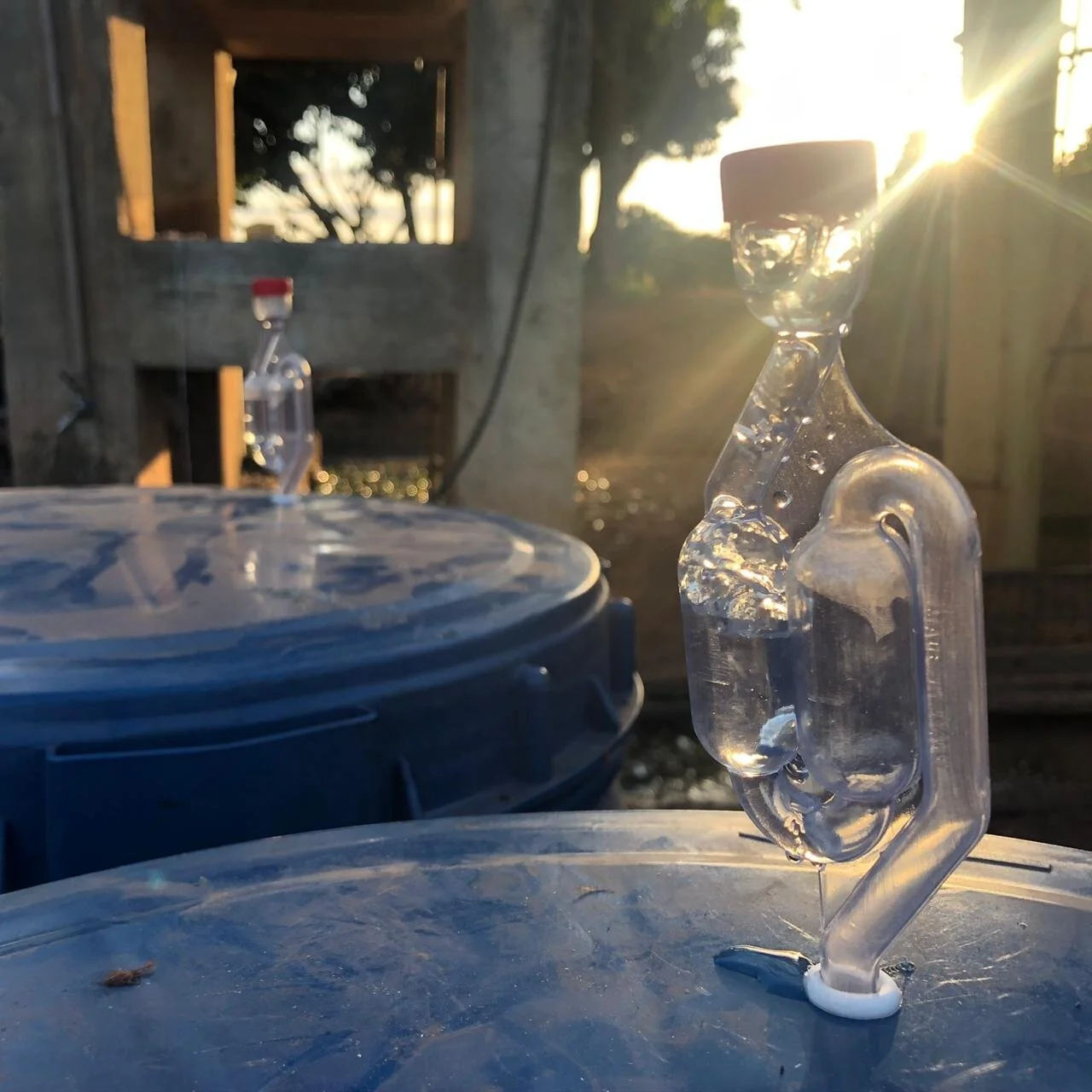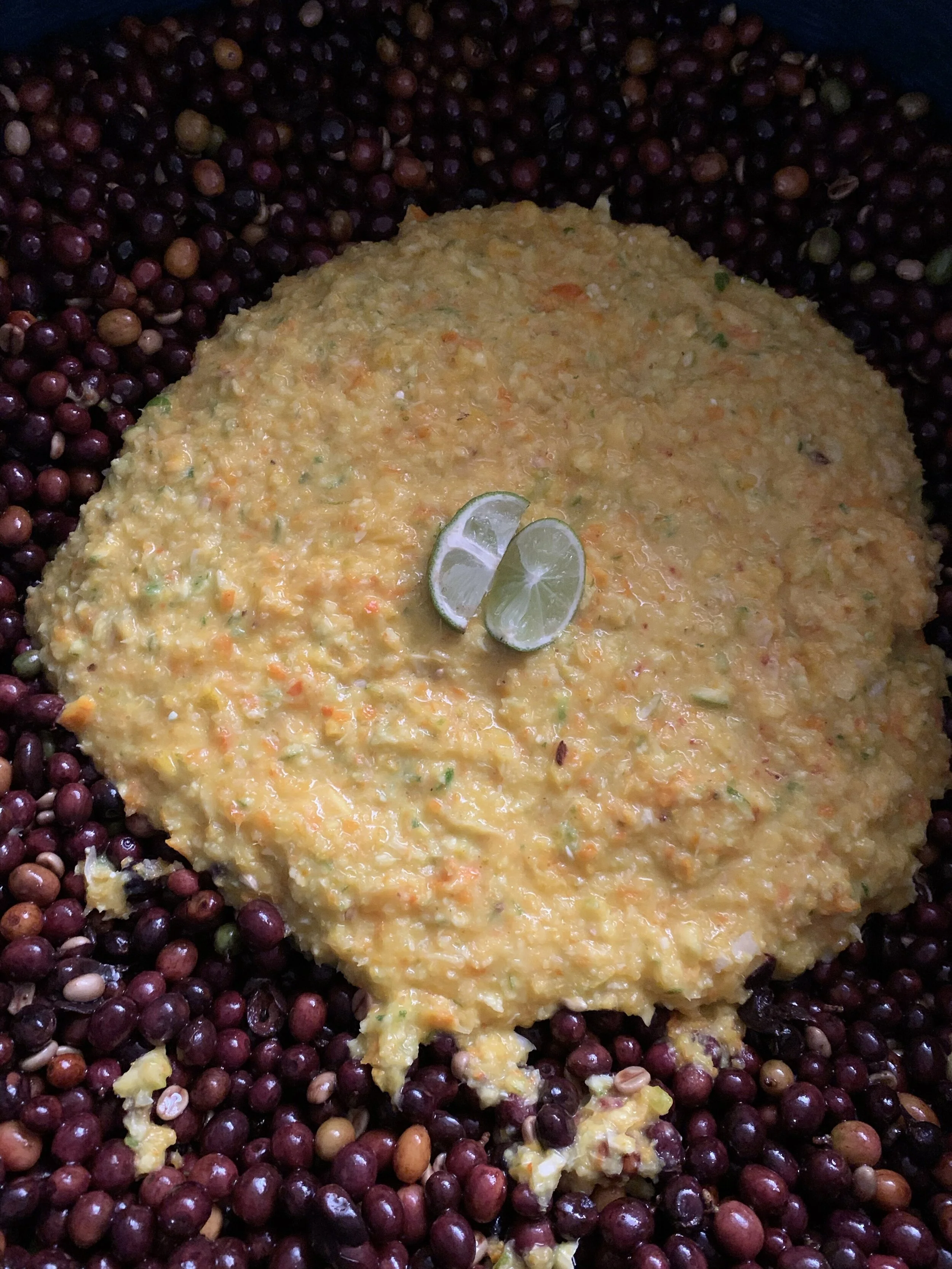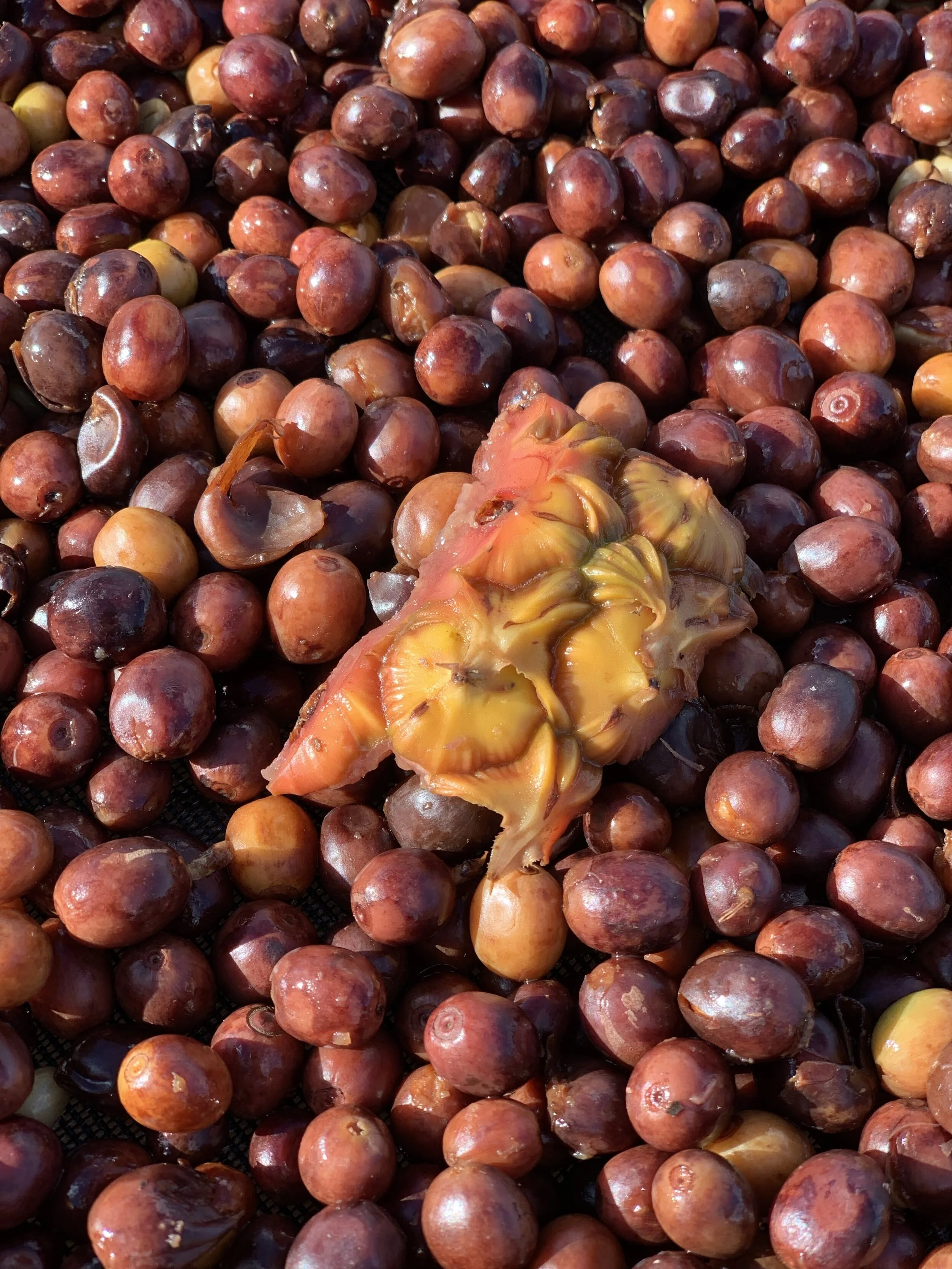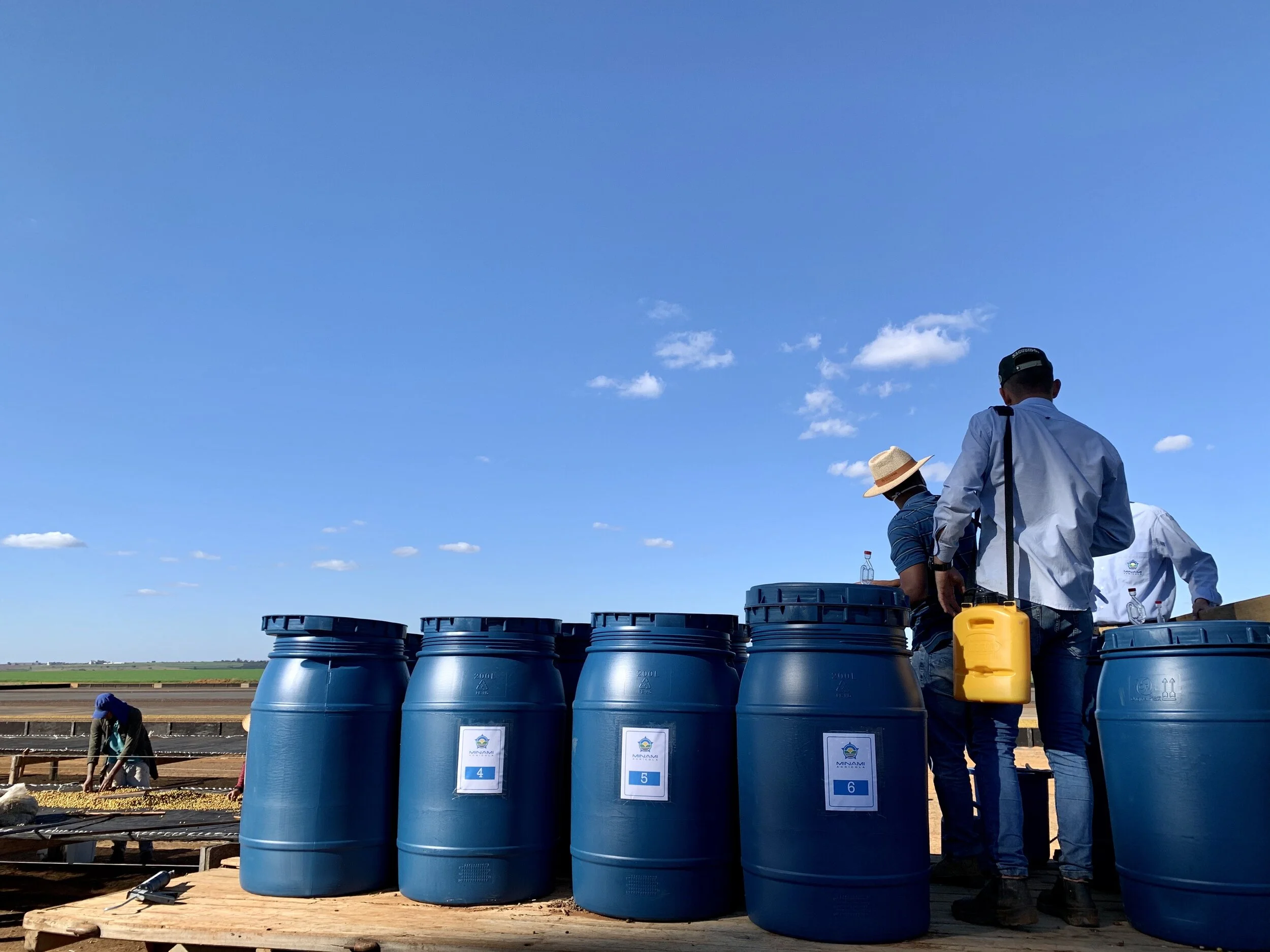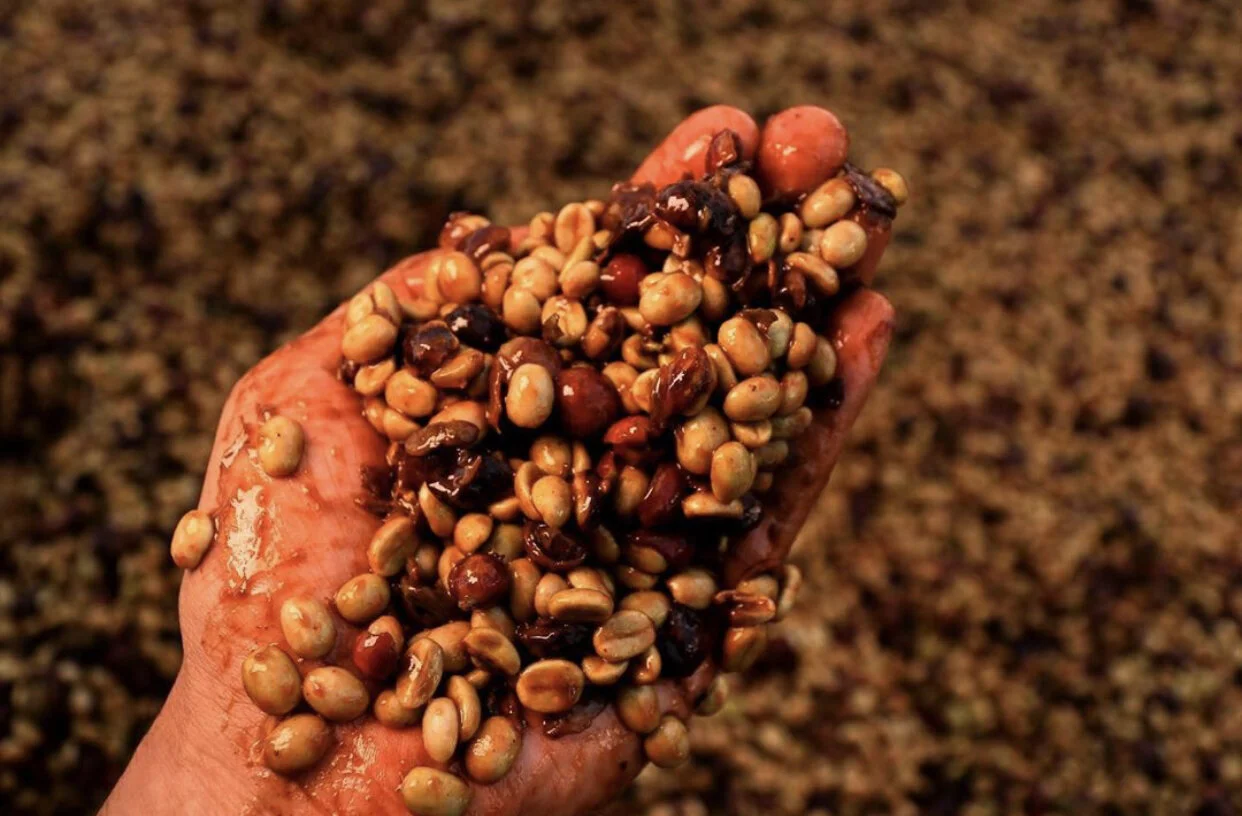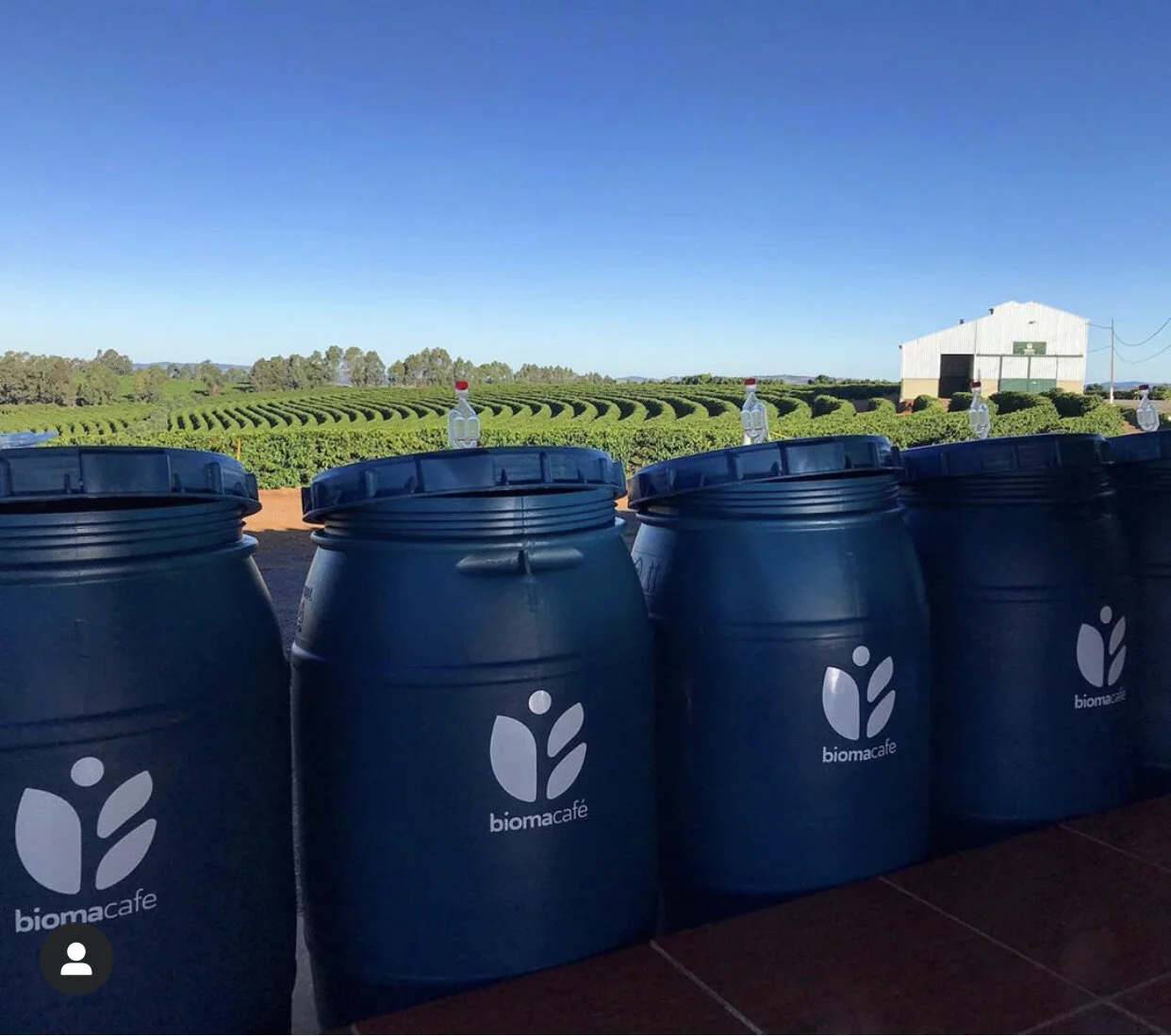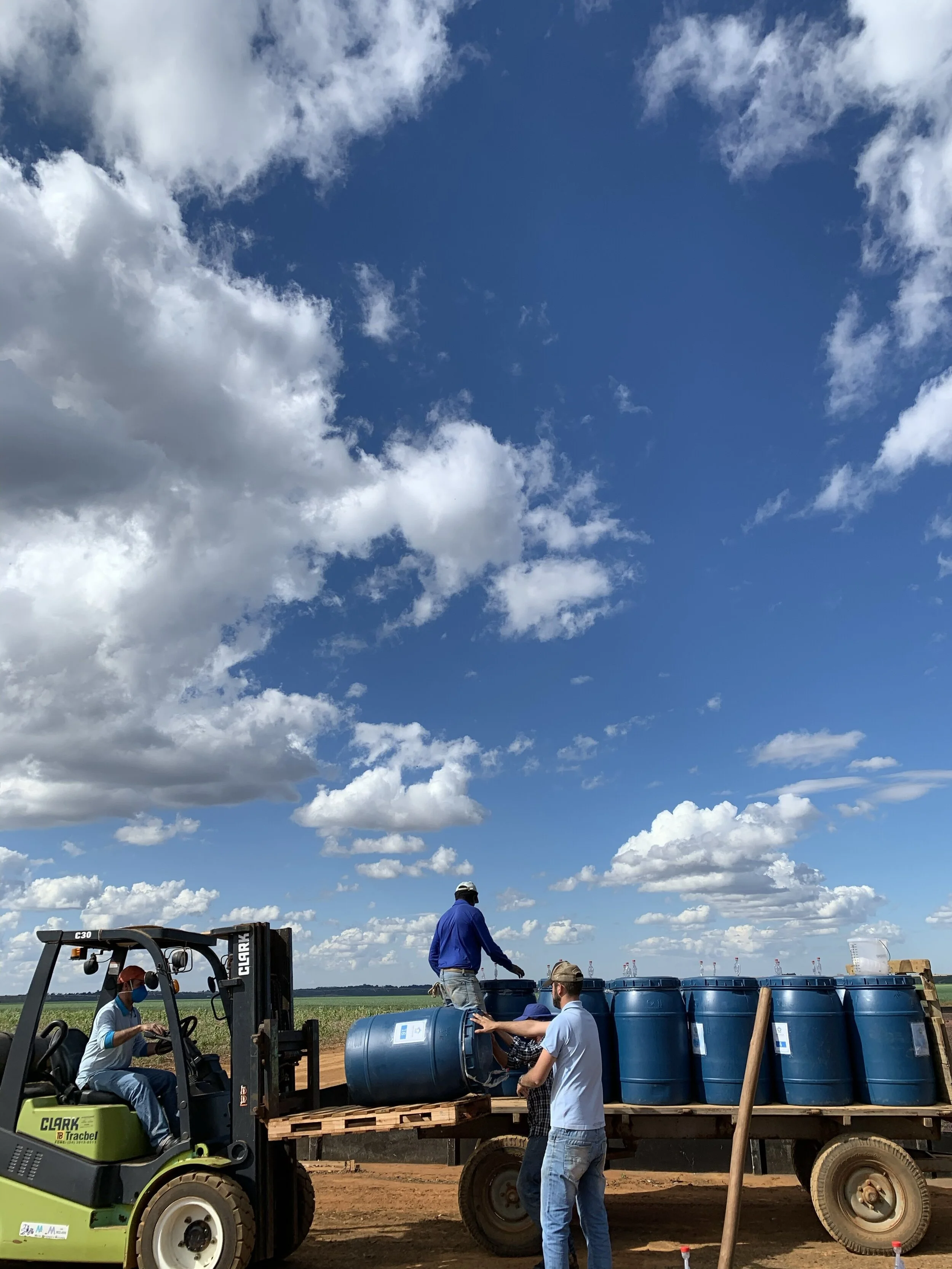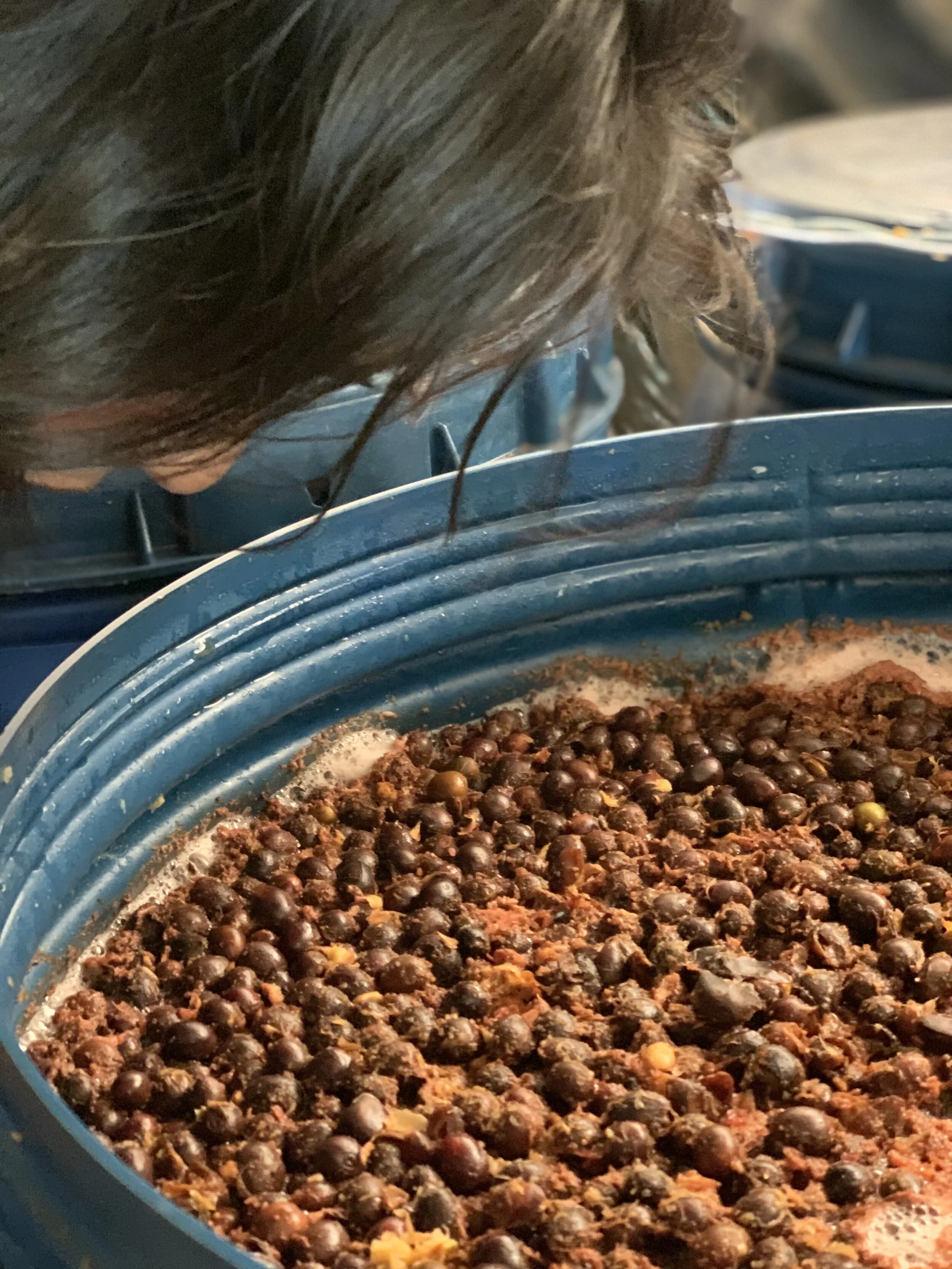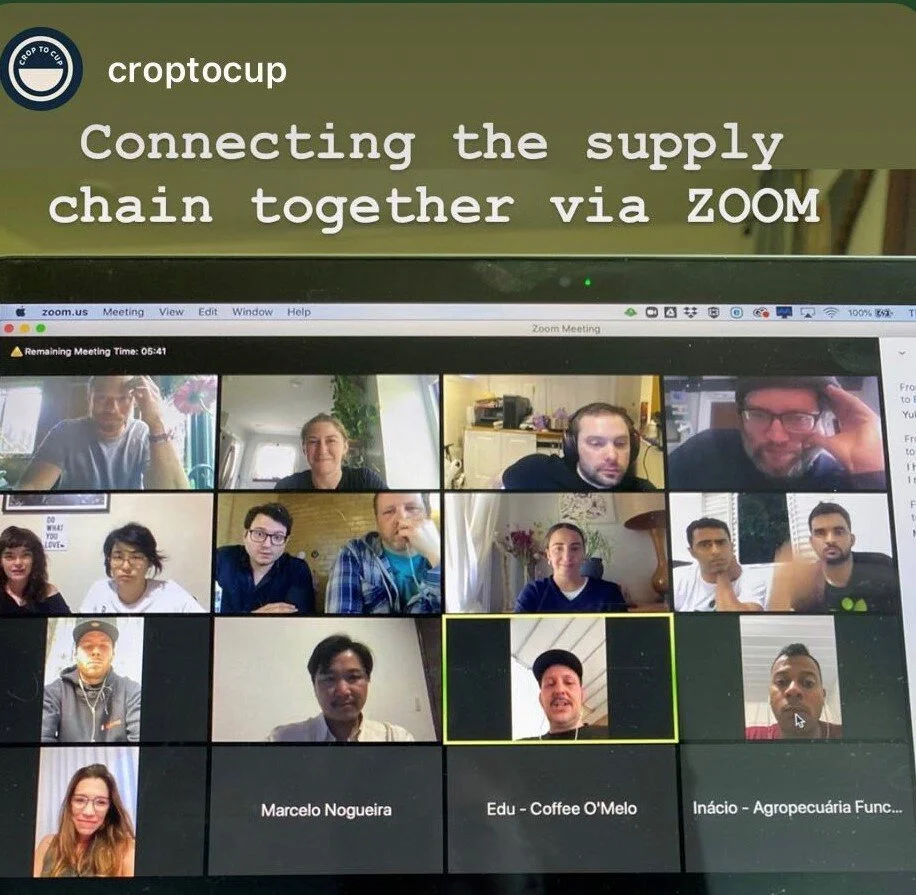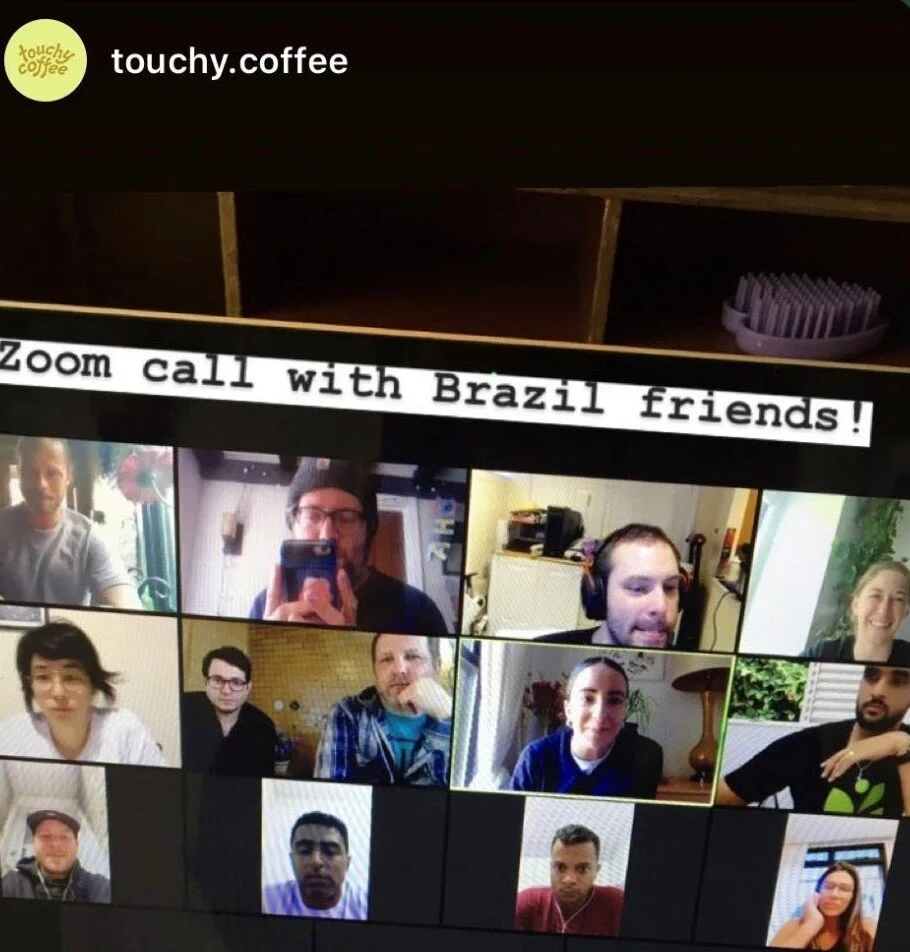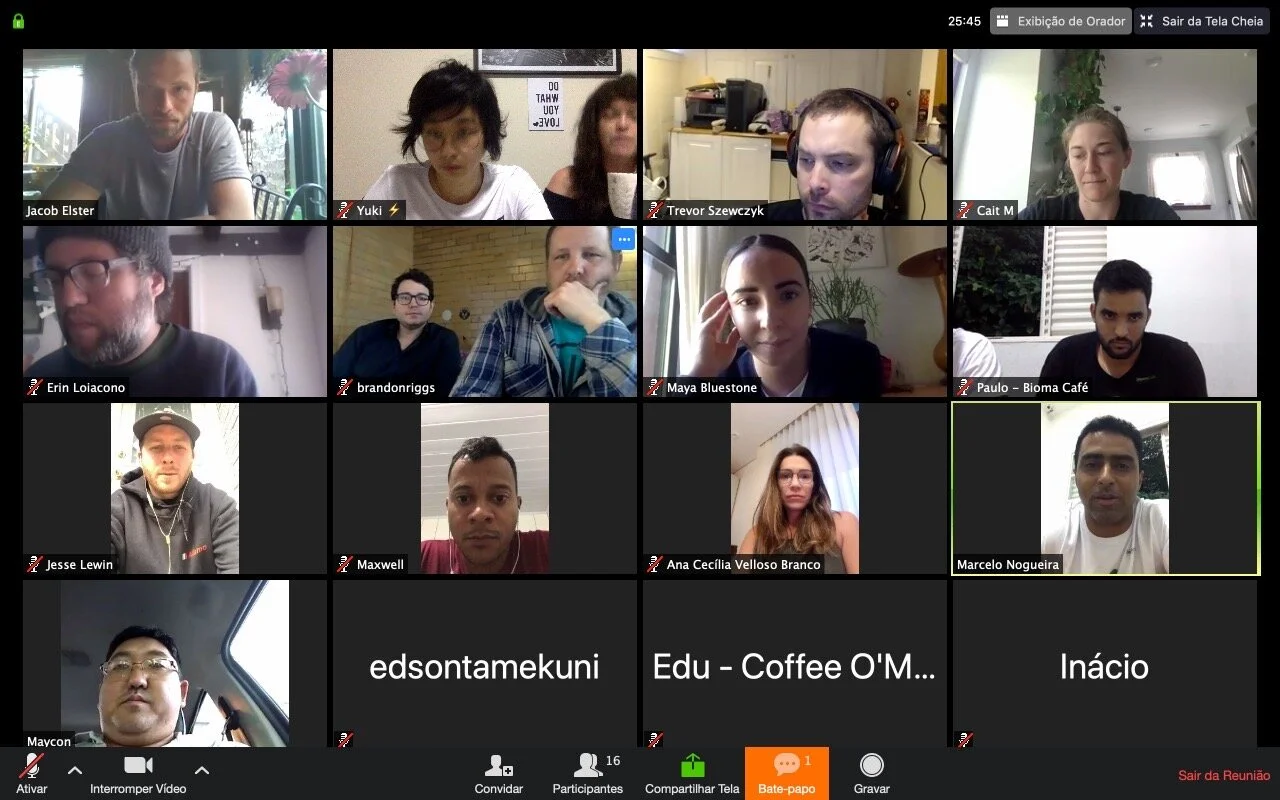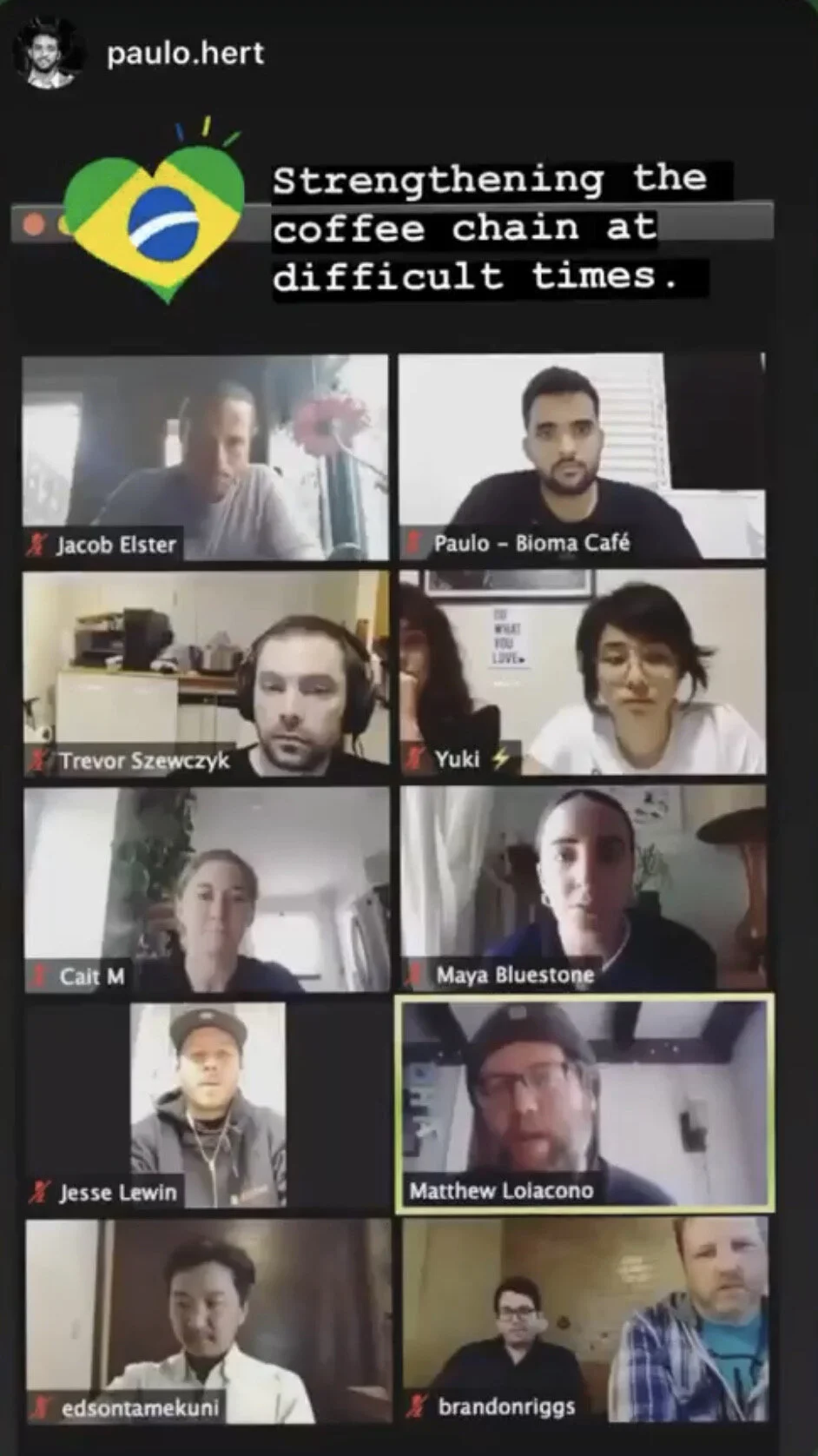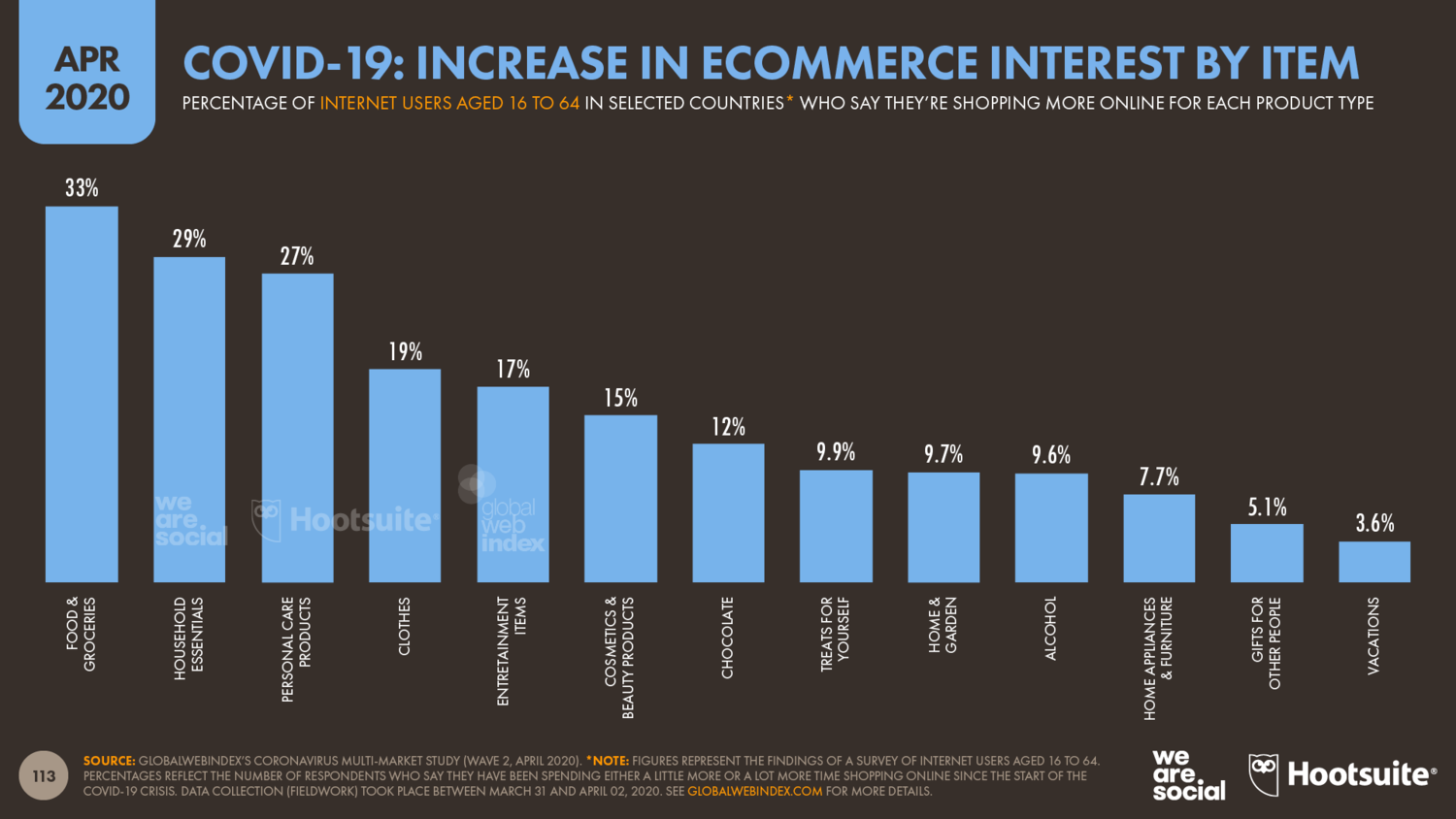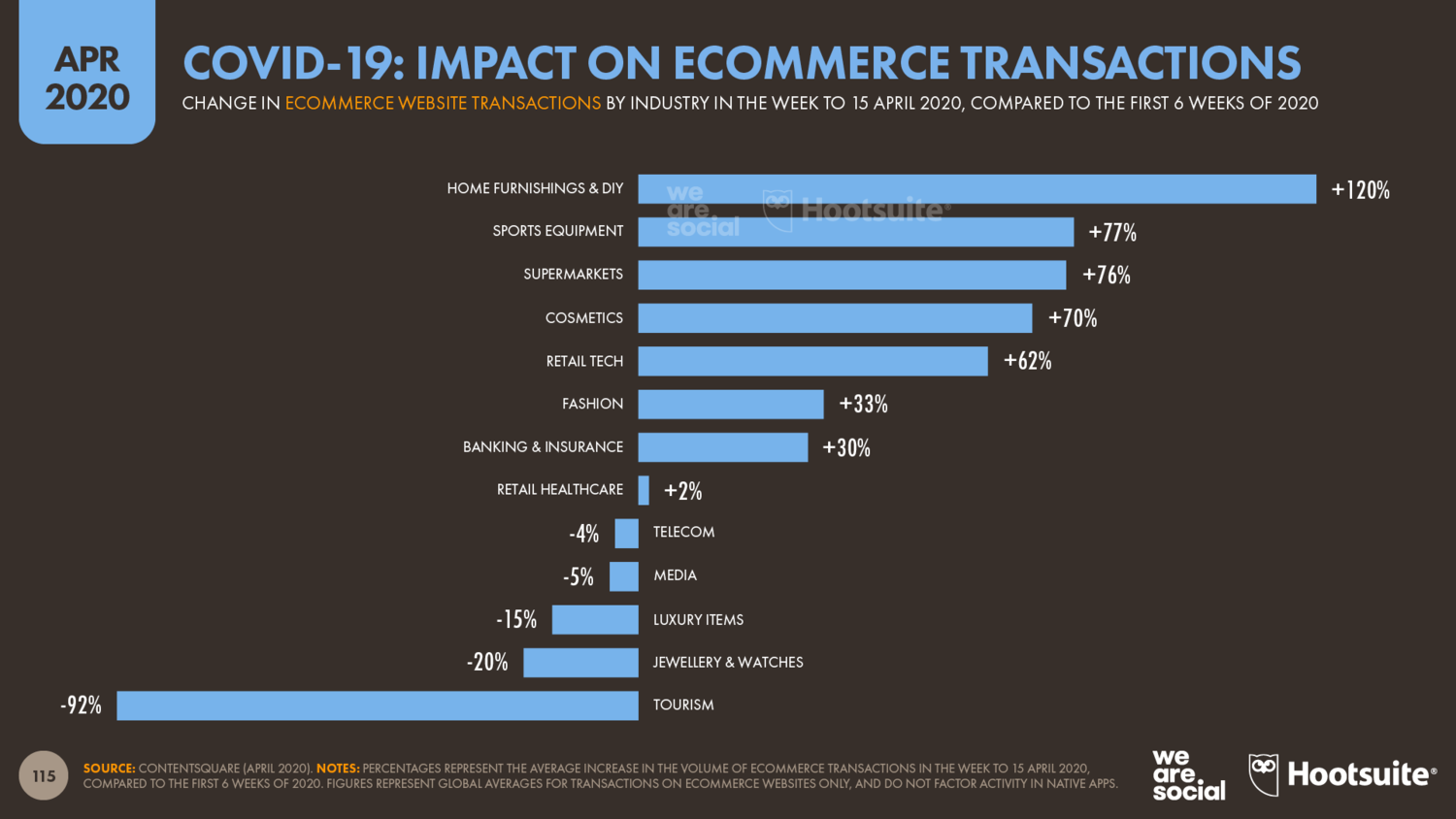The specialty coffee world runs a flow of things: everything is cyclical. Each step follows the principle of harmony, and all of them must be aligned and respected – from crop management to brewing a cup of coffee to a consumer – in our case up to coffee export. There is a basic protocol on how to produce specialty coffee, but there are a multitude of interesting ideas and an "alchemy" to explore and discover, so new boundaries are established and they’re under construction in every cycle.
The concept of specialty coffee was coined for the first time just 46 years ago by the iconic Erna Knutsen. In Brazil, the term and niche category in the coffee industry was later introduced, about 30 years ago. According to Wikipedia:
"Specialty coffee is a term for the highest grade of coffee available, typically relating to the entire supply chain, using single origin or single estate coffee. The term was first used in 1974 by Erna Knutsen in an issue of Tea & Coffee Trade Journal. Knutsen used specialty coffee to describe beans of the best flavor which are produced in special micro-climates."
Erna Knutsen (1921-2018). Image from: https://sprudge.com/remembering-erna-knutsen-coffees-feminist-pioneer-135417.html
In Brazil, coffee producers founded the Brazilian Specialty Coffee Association in the 1990’s. An organization that “aimed new business opportunities through investments in coffee quality” as described in a scientific paper in a publication of the Fundação Getulio Vargas Business Management School (Rev. adm. empres. vol.58 no.3 São Paulo May/June 2018).
It’s being said everywhere that we’re living the 3rd wave of coffee and there are others which are saying we’re in the 4th wave. However, there is a controversy about those established expressions as the 2016 World Coffee Brewers champion, Tetsu Kasuya, says in an article published by the Perfect Daily Grind:
“’For specialty coffee, you don’t need the third wave. You don’t need that service to obtain quality, but to create a great experience you do need that element.’ In other words, the third wave needs specialty. Specialty doesn’t need the third wave.”
For information purposes and in summary: the first wave is marked by the expansion of coffee consumption in the 1960’s and the democratization of the beverage. Whereas the second wave presents a concern about quality, a highlight to producing countries and the experience of consuming coffee in coffee shops. The chain Starbucks is an example of this movement in which coffee became a product to be appreciated and not only a need.
Well, independently of theories and movements, everyone who works with specialty coffee knows that we’ve been living a change of paradigm, which used to be exclusively based on an exchange and now it has evolved to a co-creation of value “in which consumers adopt an active participation in the production and consumption process”. (Prahalad & Ramaswamy, 2000; Ritzer & Jurgenson, 2010; Vargo & Lusch, 2008).
Nowadays consumers are mindful about their purchase decisions. They are observant, exigent and curious, and producers are – thankfully – more aware of the coffees they’ve been producing. Accordingly, the trade tends to be more equitable and transparent as today the supply chain can be immediately connected. By the way, this is a driver at Aequitas, connecting producers to importers and roasters.
For the sake of all the research, it’s certain that the specialty coffee is very young and that is why there is a whole universe to be explored. By assuming that there isn’t a ‘cake recipe’ to produce specialty coffees, but care in every phase – from planting, crop management, harvest, to post-harvest – which must be well conducted for a good result, the game of experimentation is free.
What producers can do is inventing and reinventing themselves, who knows if it might have a good result?! Why not trying something that no one has ever done? Experiments, new fermentation trials, drying coffee under shadow to slow down the rate of water loss, using raised beds, several roasting profiles, etc. After all, the harvest period allows producers to be scientists and alchemists.
“Alchemy is a practice that combines elements of Chemistry, Physics, Biology, Medicine, Semiotics, Mysticism, Spiritualism, Art, Anthropology, Astrology, Philosophy, Metallurgy and Mathematics”. Wikipedia
By knowing all those steps, cycles and paths one thing is assured: up to reach a cup the coffee has traveled a lot and underwent many cycles and stories.
And when the cycle of harvest and alchemy reaches an end, our cycle starts, the one of export that represents many roles: coffee hunting, scientist and expert/specialist and bridge, which takes coffee from here to there.
At Aequitas a new season has begun. The cycle of connection and contact arouses again and it goes to overseas. Our mission remains aligned with the flow of things, with the comprehension that cycles sprout, blossom, fructify and so on in this eternal cyclic wheel of coffee.




